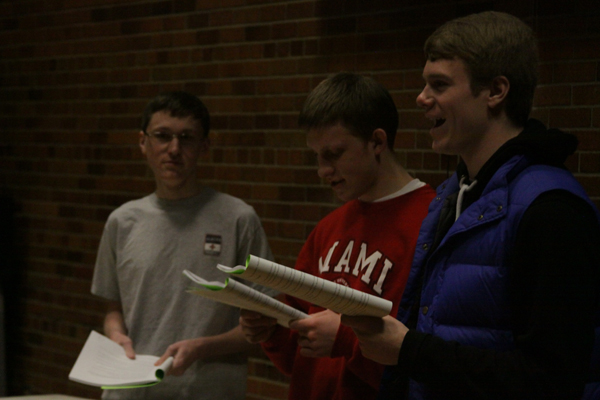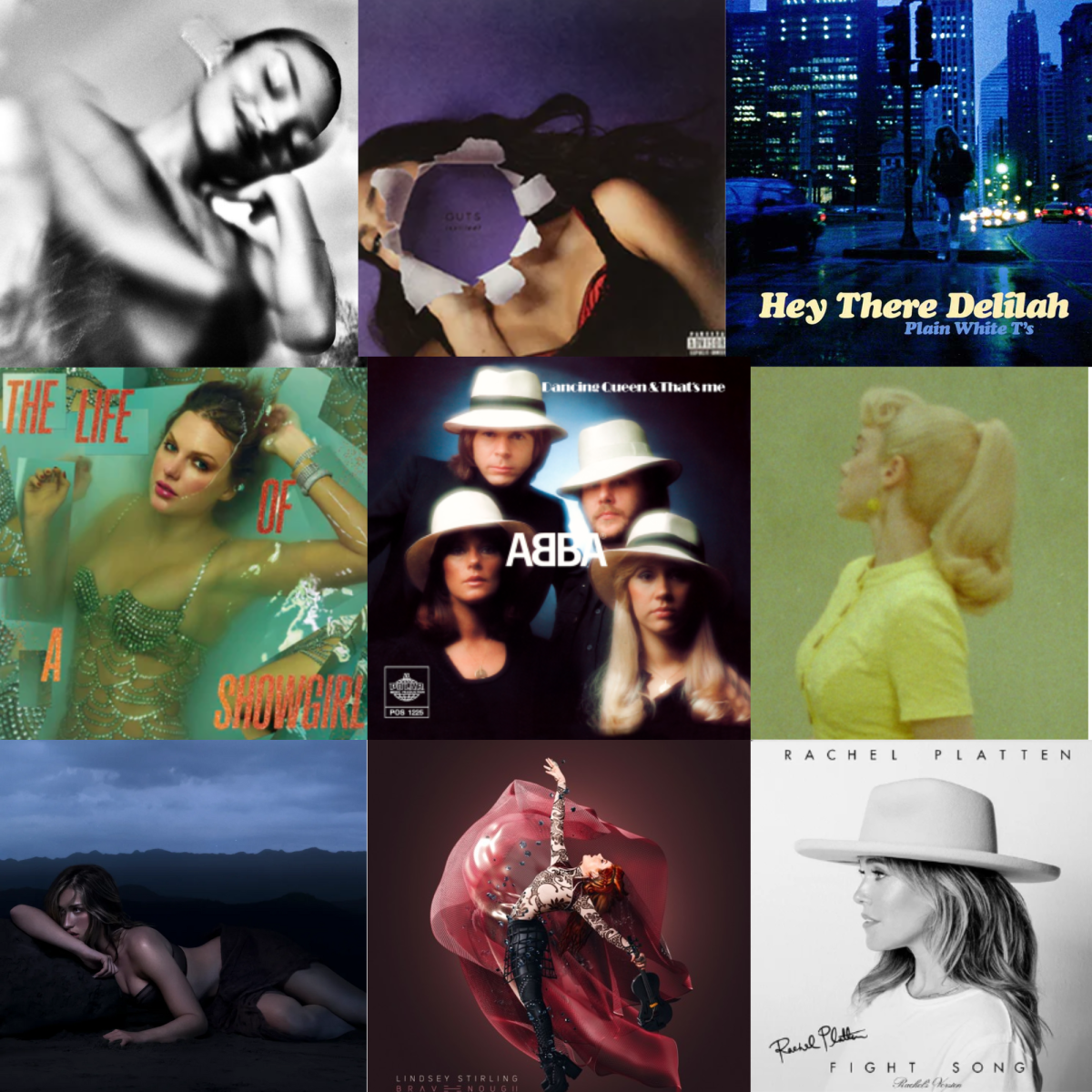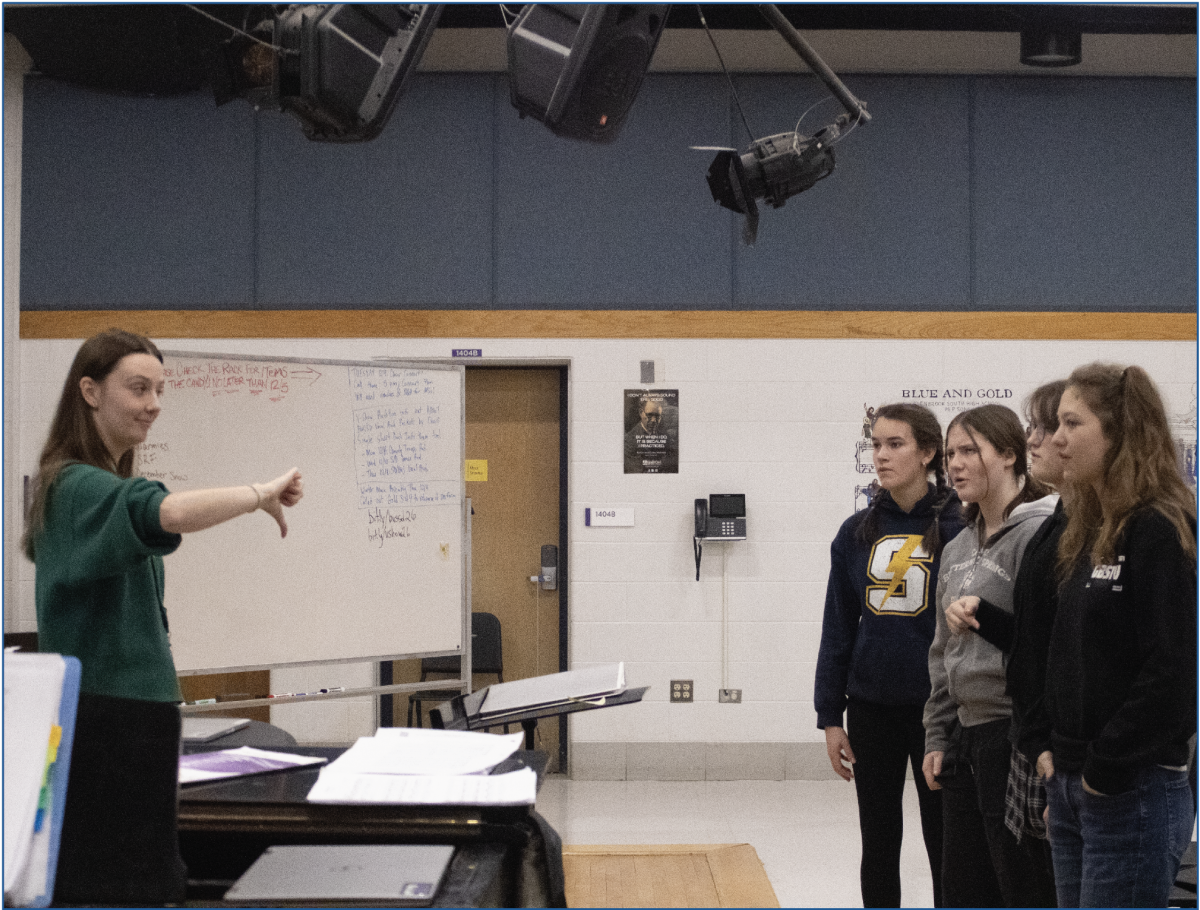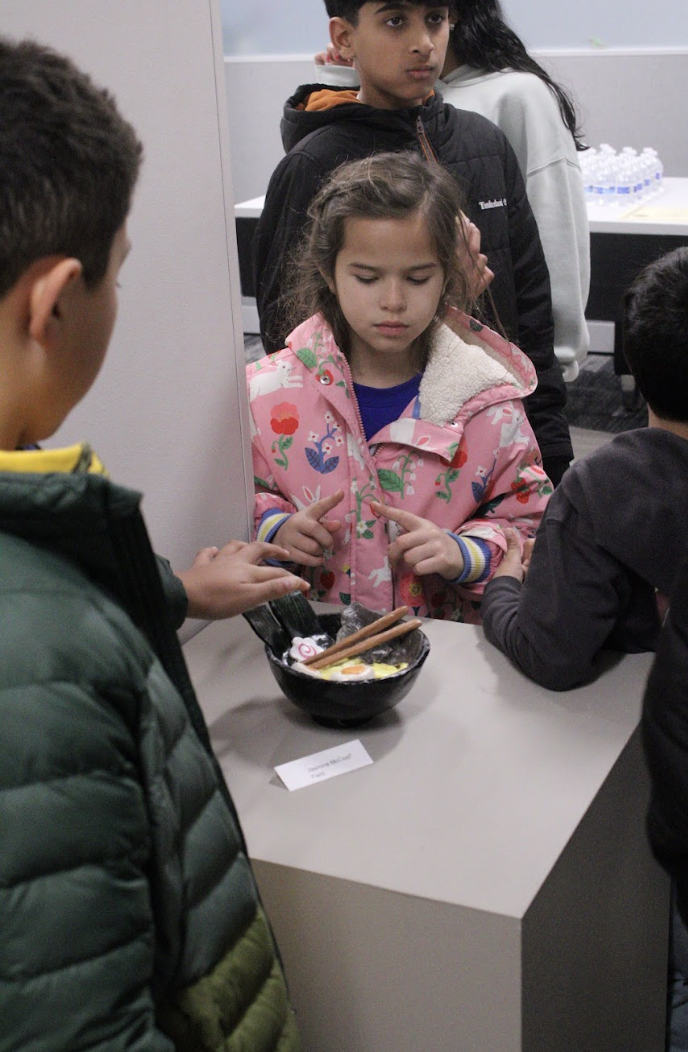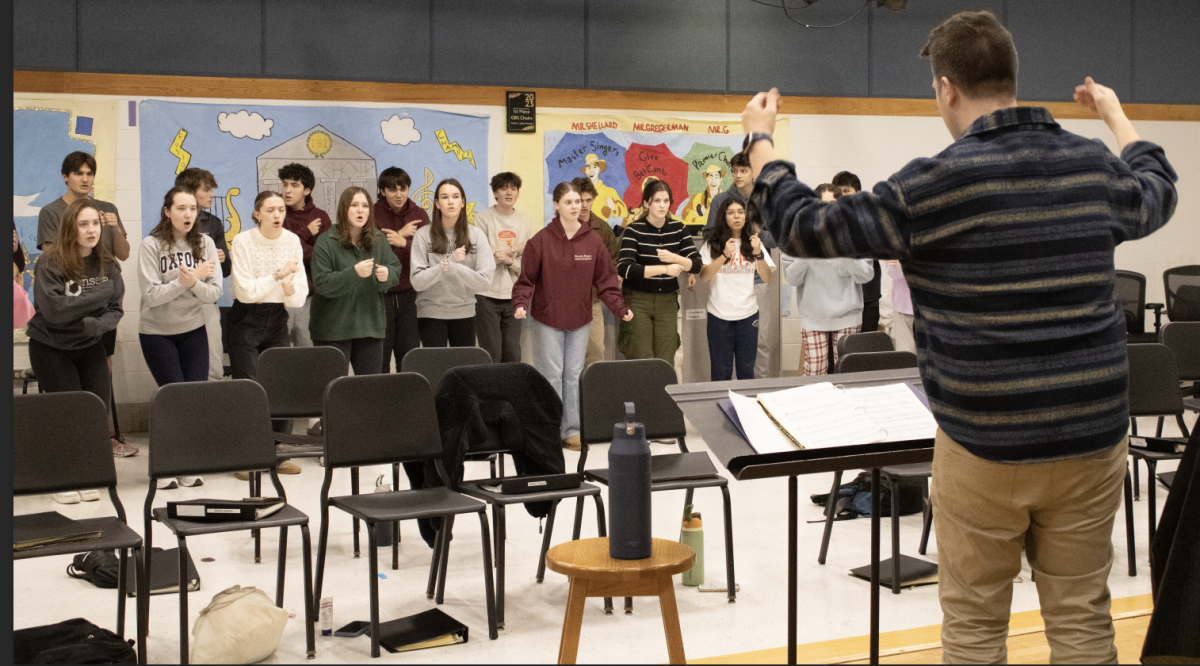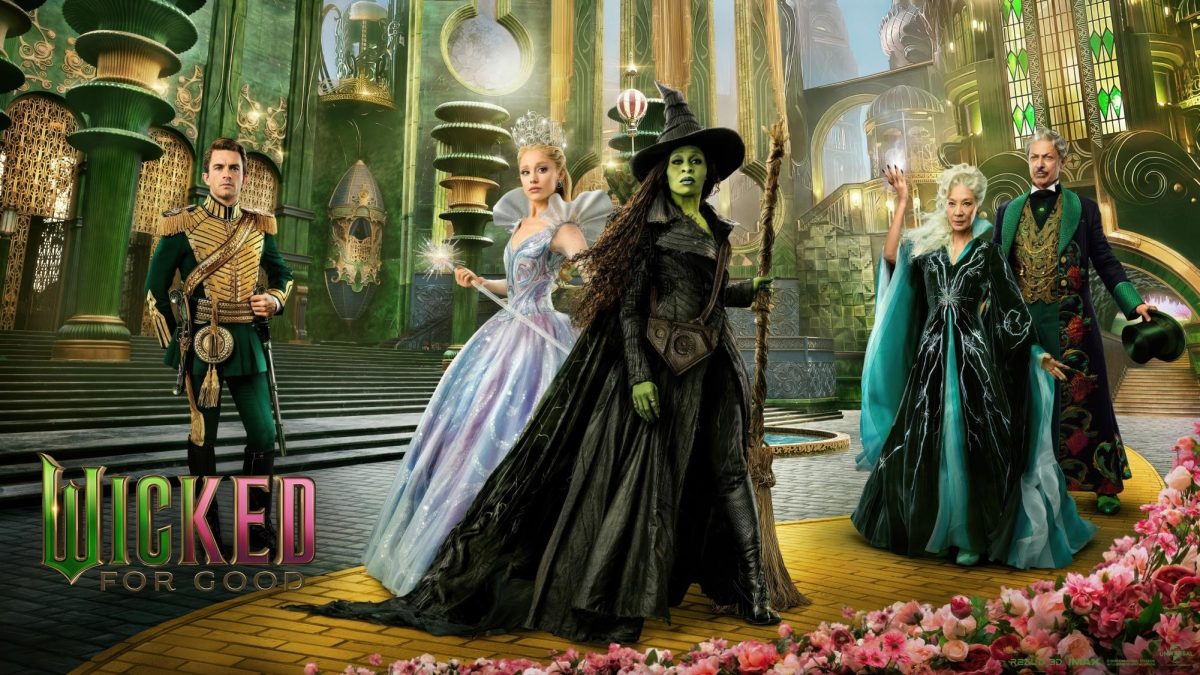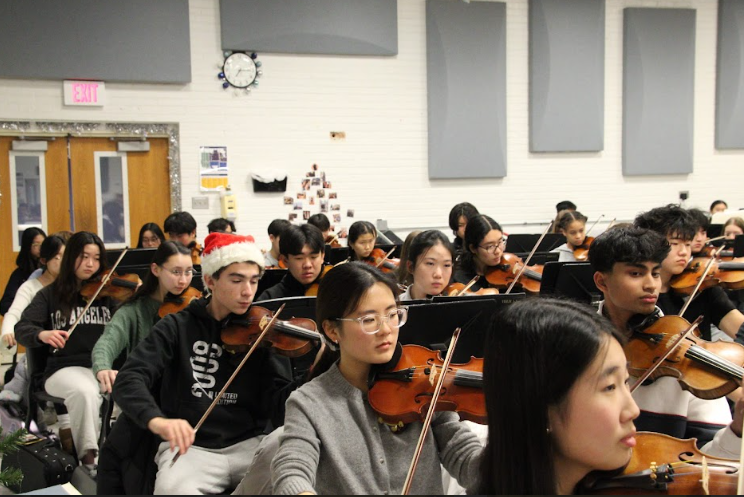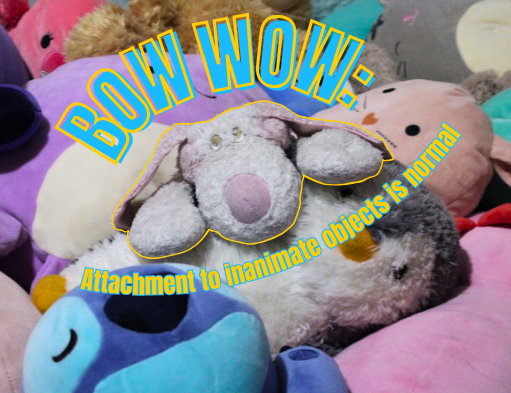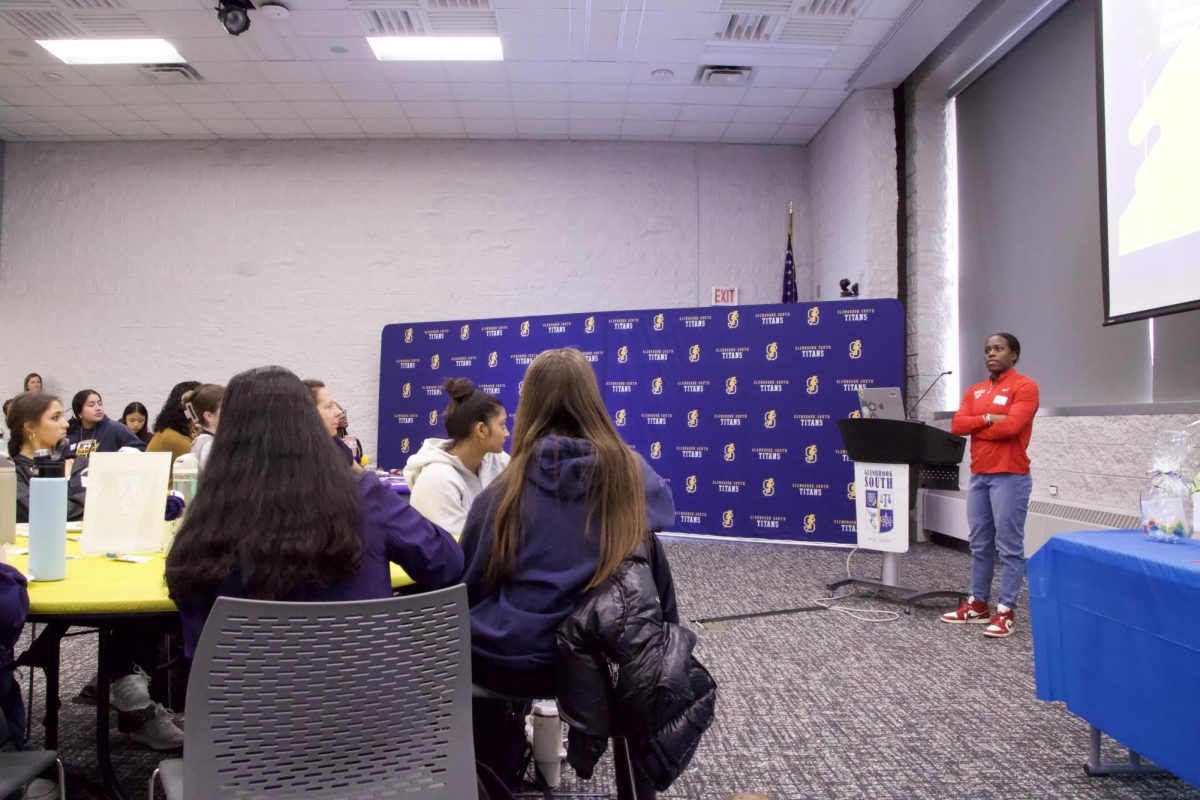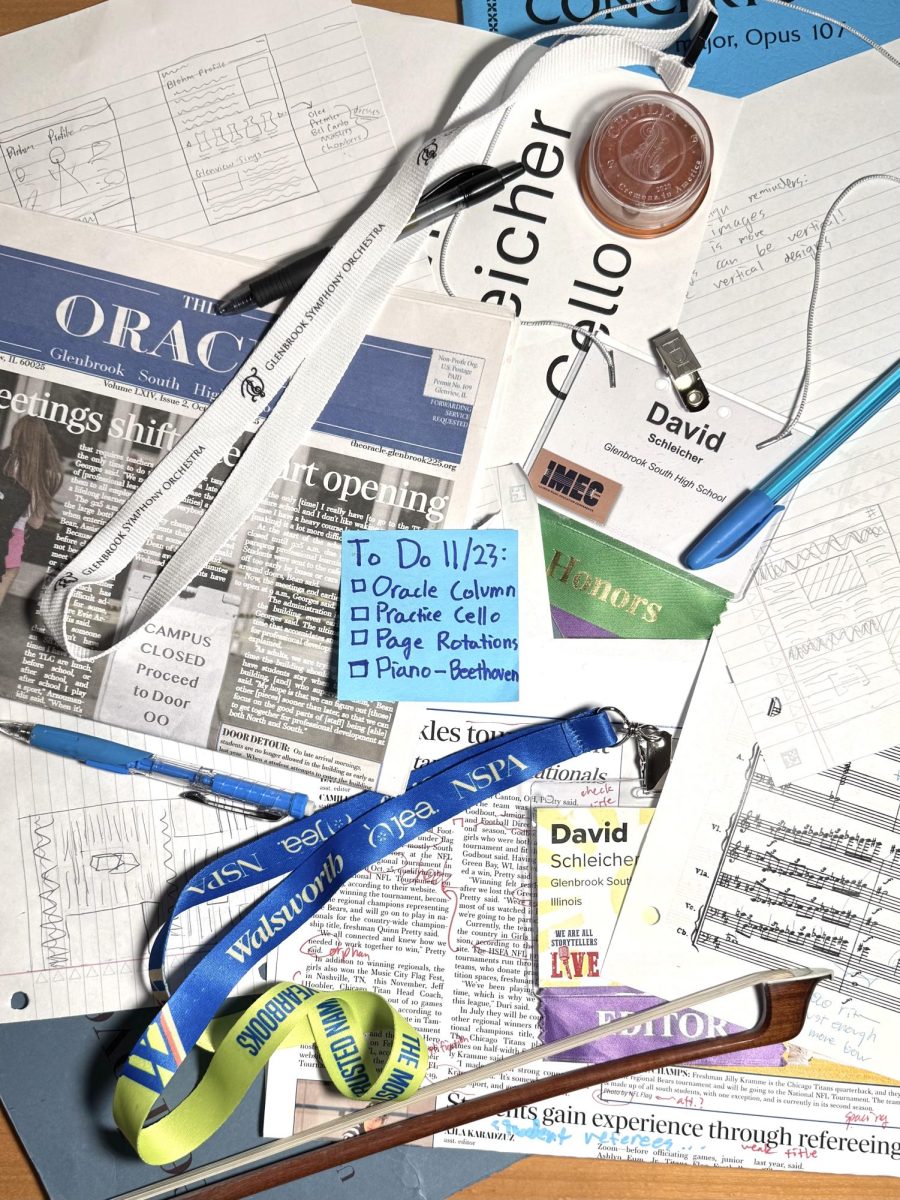Webster Dictionary defines “paradox” as an opinion contrary to the commonly accepted opinion and, according to sponsor Erin Bosack, the sketch comedy club known as Paradox, which performs on March 15 and 16, is just that.
According to Bosack, Paradox is a club that showcases student-written skits. It builds up to one production and allows students to be creative with their writing.
“It attracts people who have a quirkier, weirder sense of humor,” Bosack said. “So, I think sometimes kids feel they fit in [at] Paradox.”
According to senior Josh Raebel, Paradox has been a great creative outlet for him and others.
“That’s why I like it so much,” Raebel said. “I can act, but I can also just hang out with all these amazingly creative people.”
Dr. James Shellard, assistant principal in charge of student activities, was one of the first sponsors of the club, and he believes that Paradox is unique because it appeals to people who usually think outside of the box.
“I think Paradox attracts students who are unconventional in their interpretation of the world and want to be able to express themselves without the limitations of a scripted play,” Shellard said.
According to senior Jordan Scherer, Paradox writes scripts that people would not traditionally consider funny.
“If something sounds crazy, go with it because you could always edit, or not edit and just leave it in its crazy form and someone, somewhere will find it funny,” Scherer said.
Bosack said that most club members’ strengths lie in their writing and their ability to be completely goofy.
“The skit ideas come from things that happen in their lives,” Bosack said. “Like they’ll come and say, ‘Oh my gosh, you’ll never guess what happened to me on my way to school today,’ and then the next week we’ll see that they have a skit written about it.”
According to senior John Adkisson, it is neat seeing like-minded kids come together to write unique comedy.
“We’re taking things that people may think of and joke about and just pushing them to this level that you wouldn’t expect,” Adkisson said.
According to Scherer, Paradox does not typically use many costumes or have very many “trained” actors, so they really have to focus on writing things that are funny, no matter how they are said.
“Mainly it’s just going to be two people standing out there with minimal stage direction just saying funny things, which I think is the best part,” Scherer said.
Raebel said that there are other reactions they want from the audience besides laughter.
“Obviously, the main goal is to make people laugh, but we also want mass confusion and hysteria,” Raebel said. “We don’t want to make it a typical comedy show.”
According to Adkisson, it is a great feeling to have the audience laughing at what you are saying, especially when it is a joke you have written.
“I like making people laugh,” Adkisson said. “When you get up there, and you say something funny and you get the big reactions, there’s not a much better feeling than getting the whole room going.”
According to Bosack, Paradox is much edgier and pushes the envelope a bit more than other comedy groups at South.
As long as an individual is being him or herself and bringing their own creativity to the table, people will find it entertaining and enjoyable, according to Raebel.
Scherer commented that although they try to push a script to an extreme, there is almost always some truth in a script.
“We want to make [the audience] question what they think is funny,” Scherer said. “We want them to be laughing, but we think it’s really cool when they’re laughing and they have no idea why. We want them to sort of examine comedy and feel a little uncomfortable.”


